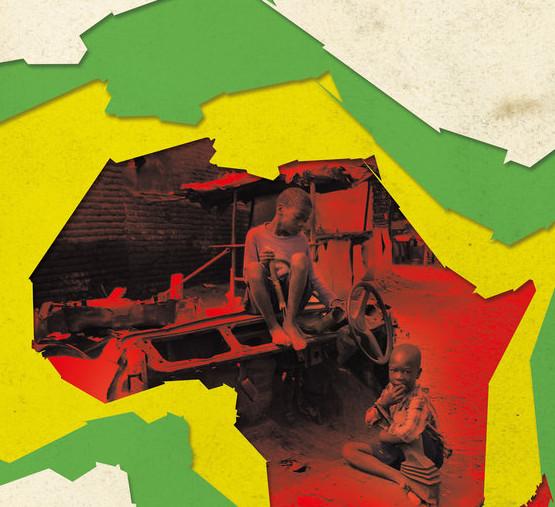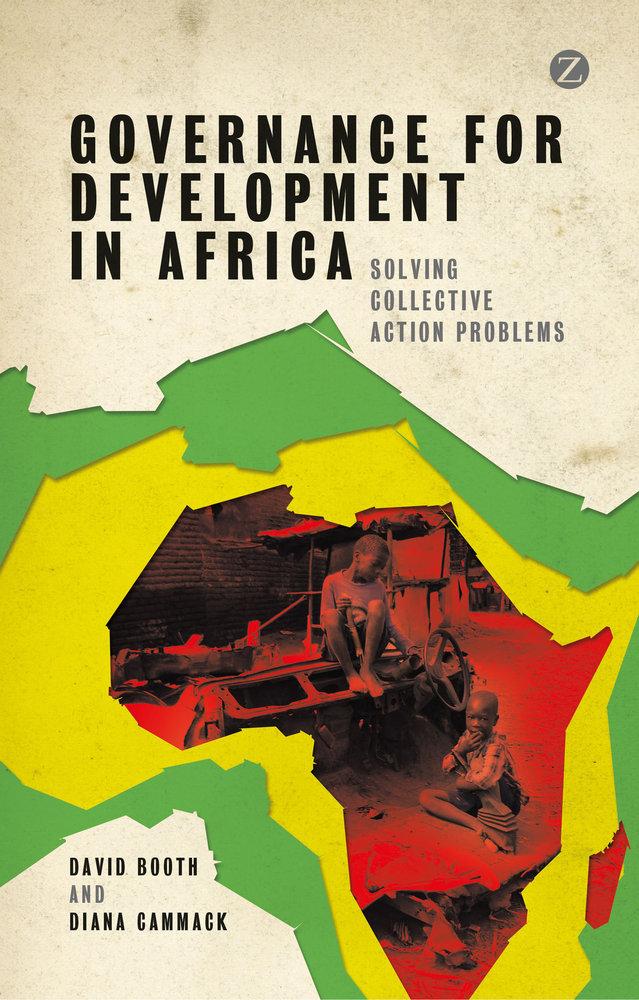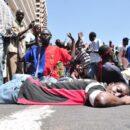Governance in Africa – a strong case for power-sharing and collective action – By Keith Somerville

 David Booth and Diana Cammack, Governance for Development in Africa: Solving Collective Action Problems, London: Zed, 2013, pp.160, £16.99
David Booth and Diana Cammack, Governance for Development in Africa: Solving Collective Action Problems, London: Zed, 2013, pp.160, £16.99
This excellent and commendably succinct book – developed from ODI’s Africa Power and Politics programme – is a breath of fresh air in the debate on governance in Africa. From the start it argues clearly for a reappraisal of ideas of good governance which have provided the foundations for much of the western world’s approach to development in Africa.
Not only do they correctly point to the fact that ideas of good governance have been based far too much on the political systems of the North, but that even in taking a potentially inappropriate model they do so from an “a-historical view.” This view, argue Booth and Cammack, “takes insufficient notice of the fact that Western states did not become economic powerhouses (from the 1750s onwards) and that China and the Asian Tigers did not grow their economies in the twentieth century, by adopting good governance institutions.”
They also identify a key structural problem of African societies when it comes to the sort of economic development advocated by Western governments, financial institutions and African elites – the lack of a capitalist, entrepreneurial middle class, and other socially homogenous classes, able to take collective political or economic action. Rather, the business class or community is still in the process of formation, and is not “independent of state patronage”.
In the extraverted, gatekeeper-dominated political and economic systems that dominate in Africa, “politics is a more lucrative and reliable source of livelihood than productive investment”, far from creating good governance in an open, participatory and collective manner, multi-partyism has strengthened “the tendency for policy-making to be driven by the needs of constructing and maintaining a supportive client base by allocating benefits in a discretionary way.”
Export earnings and domestically generated profit are not invested to achieve greater growth and economic transformation, but either for building and maintaining patronage networks or are salted away in investments and foreign banks.
The growth in political participation has led to more active client networks and shifting alliances of patron and clients – the ever-changing political alliances in Kenya between 2007 and 2013 being an excellent example. This perpetuates the use of both public and private investment resources for projects linked with patronage and elite wealth accumulation, rather than efficient, sustainable economic development.
What is the answer? The authors do not have a miracle cure, but using examples drawn from an examination of health policy and maternal care in Rwanda, suggest that aspects of both decentralization and power-sharing that encourage collective action and the development of coherent policy frameworks are better ways forward. These offer more chance of sustainable development and service delivery than other models which rely on governments or other institutions as principal agents for development, service delivery and aid provision. These methods allow no control over the principal agents or those chosen to implement policy, no basis for collective action involving national and local levels or between service providers and those receiving services.
The authors point out that there has too often been an assumption that African leaders and also their citizens have a simple and “uncomplicated commitment to improving governance and the provision of public goods.” This is not so and African political systems have been unable to encourage collective action in systems tainted by corruption.
The authors suggest that power-sharing – used with some success, though not necessarily in a traditional, Western systems or electoral democracy – has been relatively successful in Rwanda and even Burundi (countries in the past beset by communal conflict and attempted genocide). They acknowledge the downsides to power-sharing in terms of democracy, but contend that at this stage of development what is important for Rwanda’s development is “the remarkable level of policy stability and coherence” that has been achieved.
They argue in favour of “locally anchored” solutions “tailored to the specific details of the context (not generic, one-size-fits-all, remedies)” that “make efficient use of whatever already exists locally to serve such purposes.” They might have used the example of Somaliland’s political institution-building, which uses traditional and clan networks in an innovative and collective way, to illustrate a participatory and accountable system based on local conditions and practices free from Western prescription.
Booth and Cammack are also absolutely right in their cautious approach to Africa’s growth spurt, eschewing the popular “˜Africa Rising’ motif. They emphasise that growth alone through increased export income “is not bringing widespread productivity gains or leading to structural change” and that while smallholder agriculture (employing the bulk of the population) remains untransformed, growth will be neither broad nor deep. Transformation of and investment in smallholder production is vital to increase output and provide more employment and prevent economic and political marginalization of rural areas.
Until the issue of policy coherence and the development of collective action are tackled, then progress is going to be negligible in terms of development, living standards and the creation of systems of governance with local foundations rather than transplanted systems with no local roots. To the aid community, they suggest working more effectively at arms length rather than attempting to deliver stuff in the way outsiders see as appropriate.
Keith Somerville is a Senior Research Fellow at the Institute of Commonwealth Studies, University of London; teaches in the School of Politics ad International Relations at the University of Kent; and is editor of Africa – News and Analysis.






